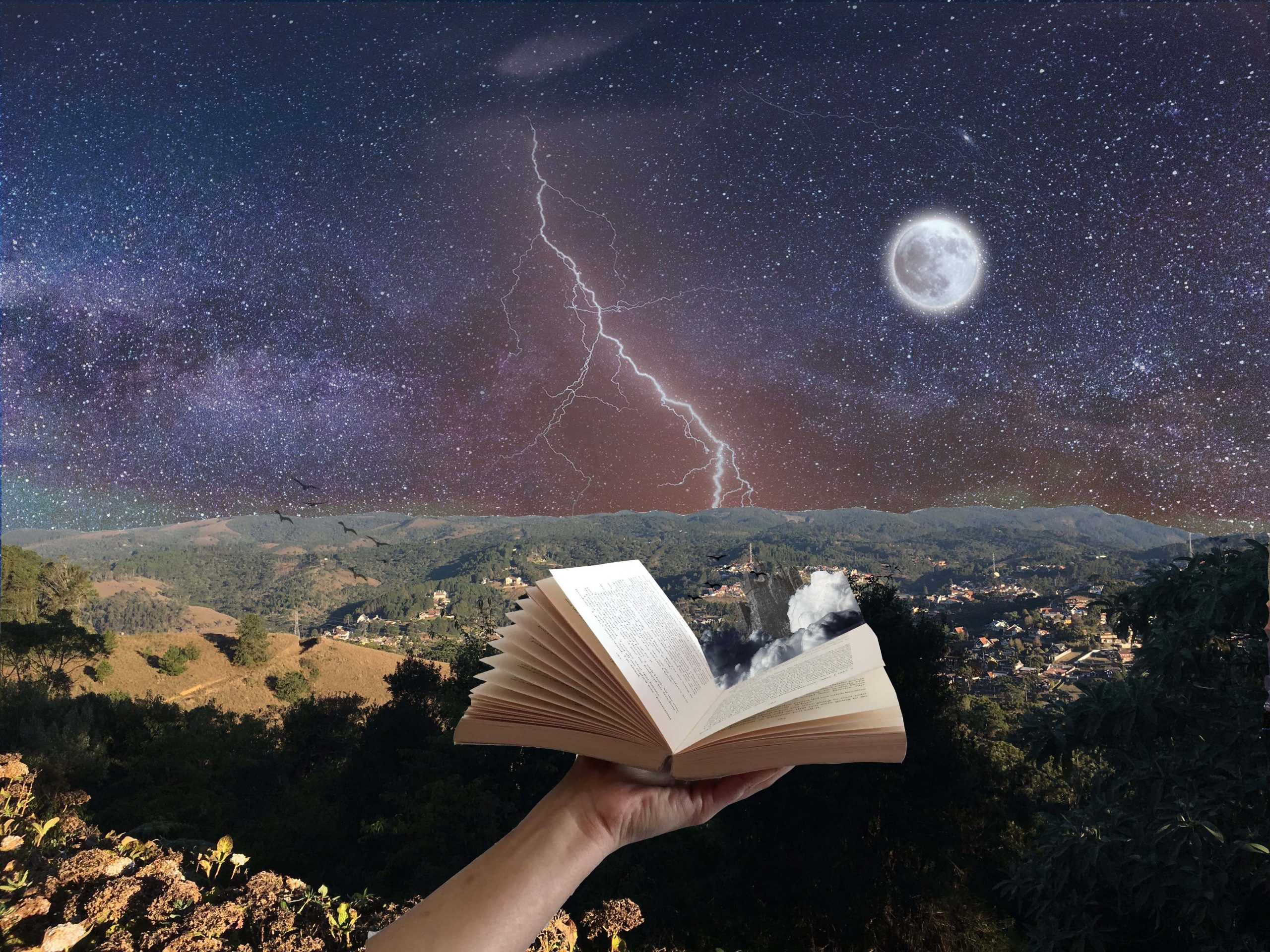
I feel like I’m still processing Frankenstein. There’s so much to unearth and analyze. A few months ago I read a biography called “Romantic Outlaws” by Charlotte Gordon, that described both Mary Shelley and Mary Wollstonecraft’s lives. Both were fascinating, but Mary Shelley’s life caught my attention and I decided I needed to read her books. She is most known for Frankenstein, which she wrote when she was 19 years old. There is such depth to this story, that I find it incredible that she was able to imagine this world at such a young age. She was definitely somebody ahead of her time.
The plot seems to be simple, a scientist, Victor Frankenstein, is so fascinated by his discoveries, creates a human being. However, once the deed is done, and his creation looks him in the face, he feels an immediate disgust and rejects it. The creature runs away and Frankenstein is seized by remorse and fear for what he has done.
This creature longs to be accepted by humans but especially by his creator. When he finds that people are repulsed by his appearance, he takes revenge on his creator.
There’s so many things you can analyze about this story. The one that most caught my attention is Frankenstein’s reaction to his creation. If you think about it logically, he hated it because it was ugly. Although he was fascinated by the innovation and the power he had found, I think, in the end, he felt remorse for creating something that was not beautiful. The creature was an intelligent being, who thought and observed the world around him. He was described as someone who had the power of persuasion. He didn’t have any restraint, because he was not taught to do so. He was rejected as soon as he received life.
At one point he laments and says, “Hateful day when I received life!’ I exclaimed in agony. ‘Accursed creator! Why did you form a monster so hideous that even you turned from me in disgust? God, in pity, made man beautiful and alluring, after his own image; but my form is a filthy type of yours, more horrid even from the very resemlance. Satan had his companions, fellow-devils, to admire and encourage him; but I am solitary and abhorred.’ – Frankenstein”
There were several moments I truly felt for this creature. At no point in time, did Frankenstein try and guide his creation. Although he outwardly looked evil, we might even ask ourselves, wasn’t Frankenstein the evil one? Through his decision, this creature was given life, and when it turned out that it wasn’t what he expected, he left it to its own fortunes.

Yet, Frankenstein is haunted by his decision. He cannot truly rest, because he knows his creation is out there, and he is certain that it will cause destruction. Sadly so, this is confirmed later on in the story.
Mary Shelley seems to warn her readers against ambition. ‘Here is a young man, who desired to be like God, look what happened!’ Frankenstein did this incredible thing, created life, which should have brought him great recognition, but in the end, it only brought him disaster.
“Learn from me, if not by my precepts, at least by my example, how dangerous is the acquirement of knowledge, and how much happier that man is who believes his native town to be his world, than he who aspires to become greater than his nature will allow.”

On Instagram, someone commented on how this book left her with a hungover and I truly relate. I feel like I’ve only scratched the surface of it all. It wasn’t what I was expecting since most of the movies done about Frankenstein are completely different than the novel.
I could go on and on but instead, I will leave you with this,
“We rest; A dream has power to poison sleep.
We rise; One wandering thought pollutes the day.
We feel, conceive, or reason; laugh or weep,
Embrace fond woe, or cast our cares away;
It is the same: for, be it joy or sorrow,
The path of departure still is free.
Man’s yesterday may ne’er be like his morrow;
Nought may endure but mutability!”


Leave a Reply